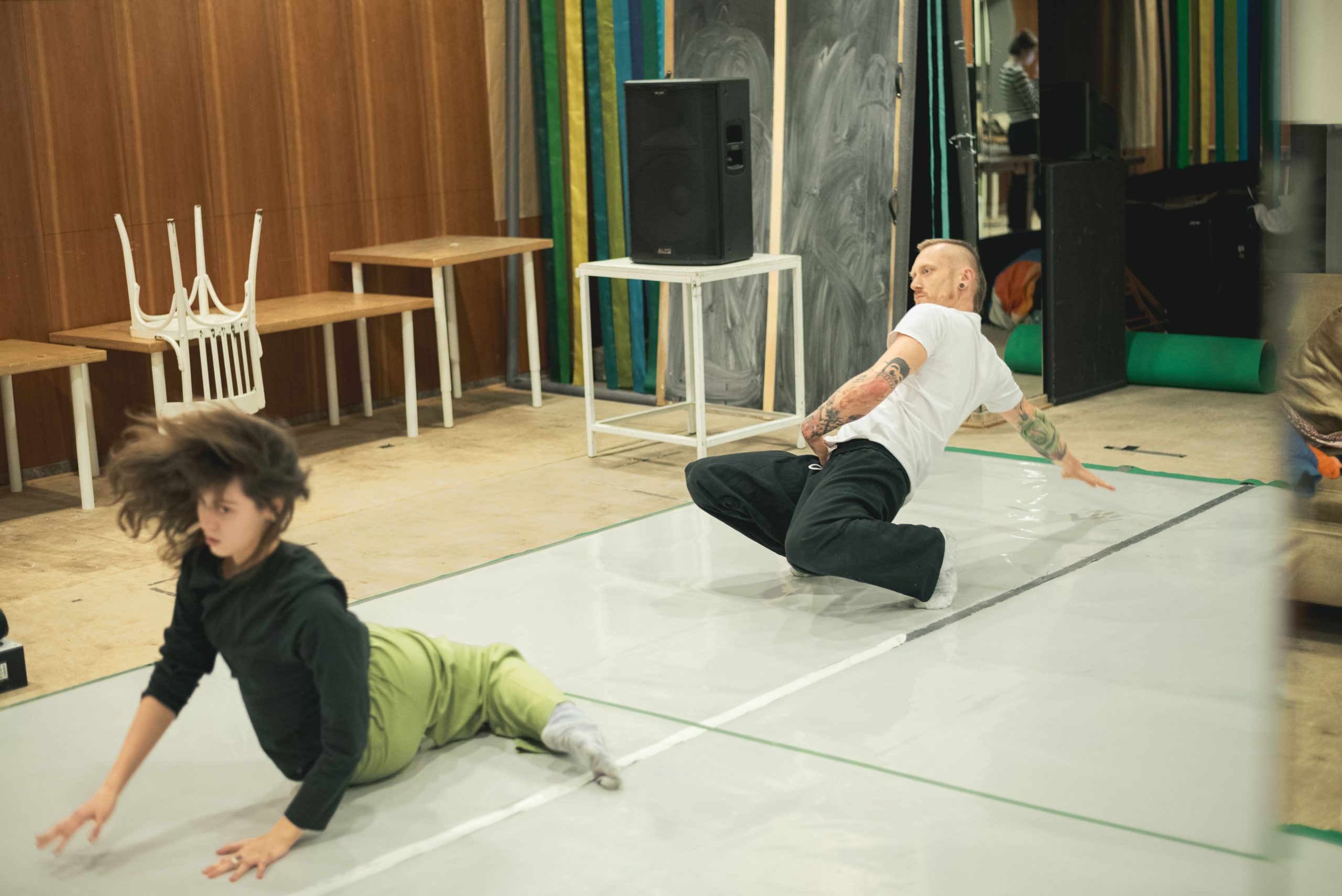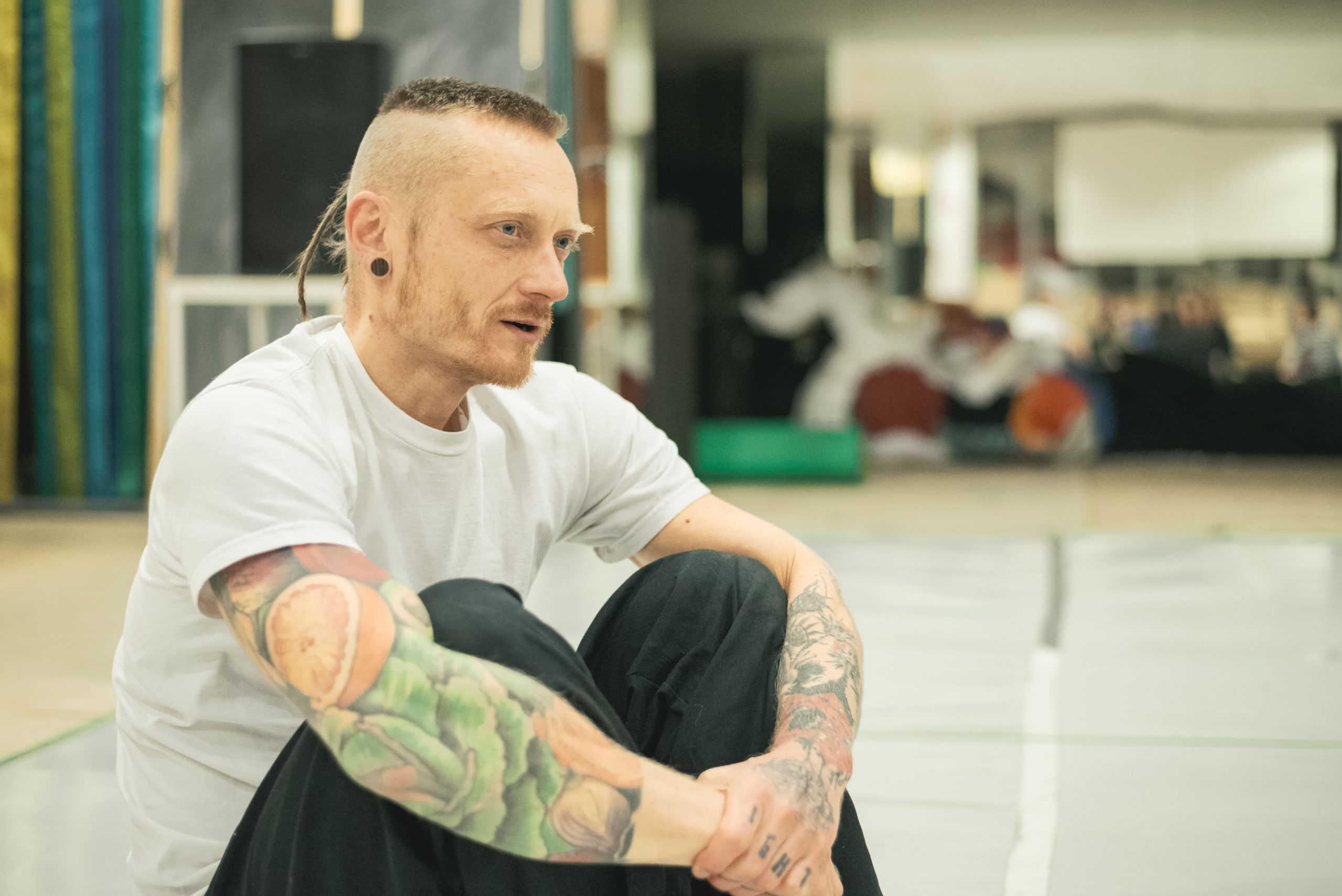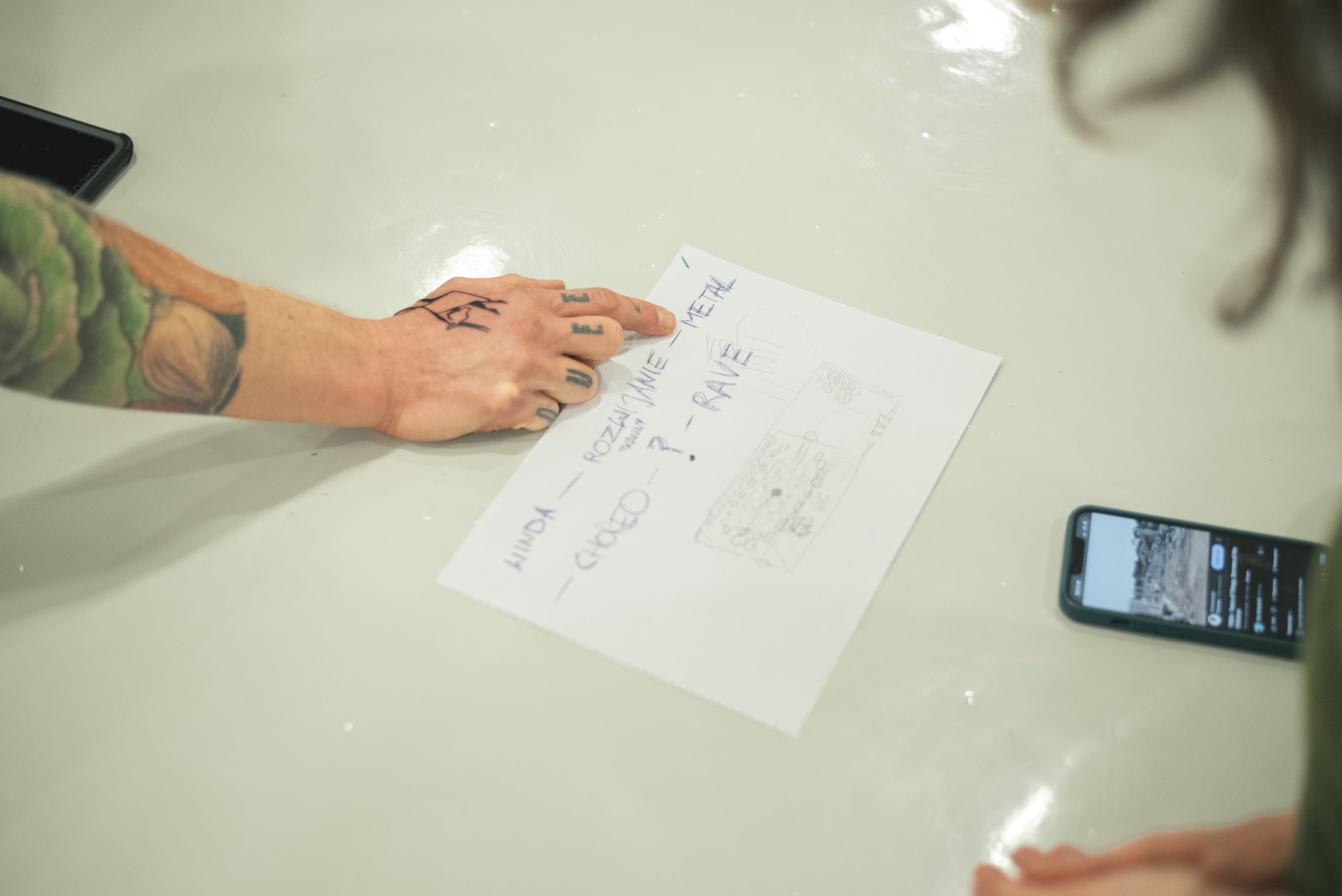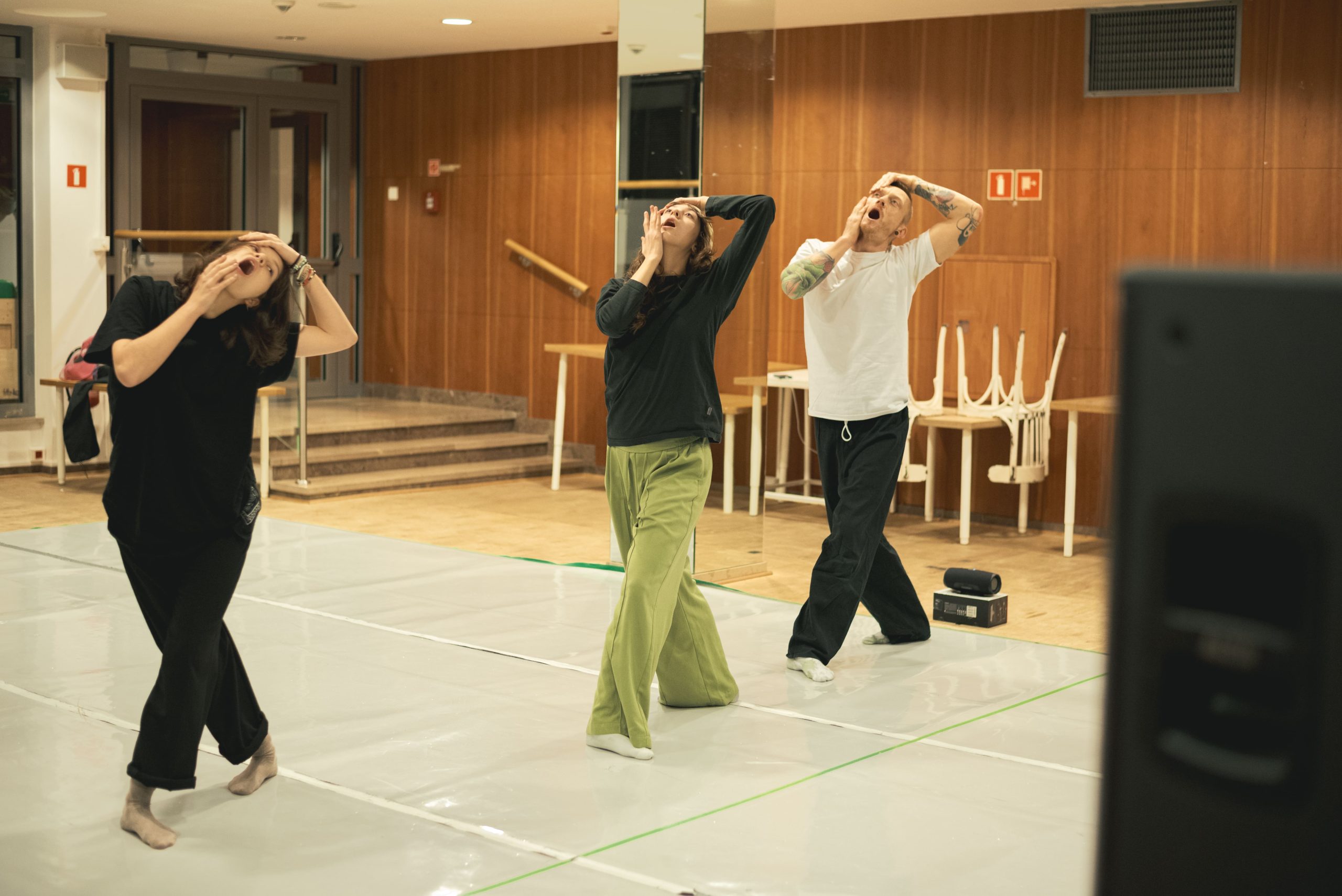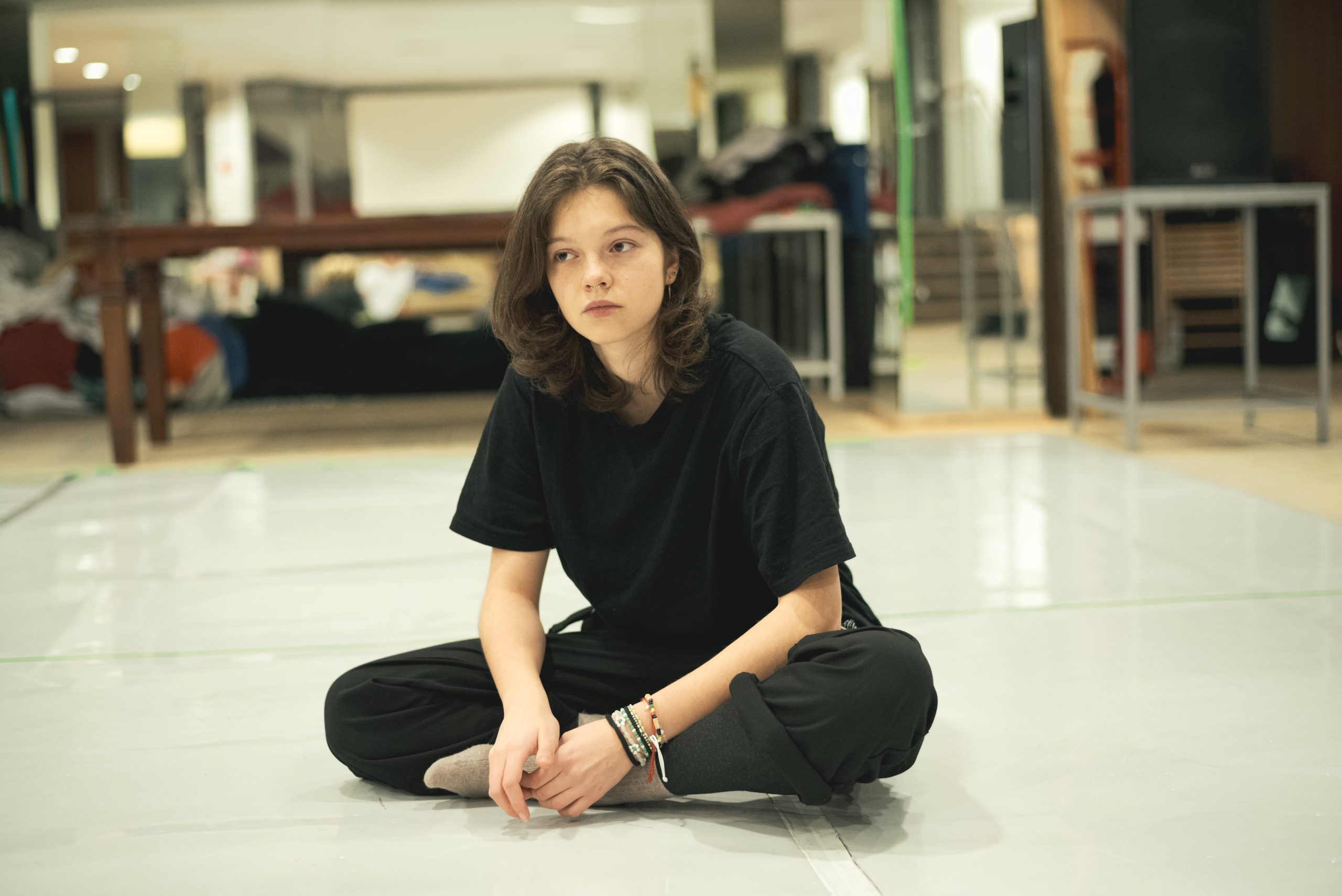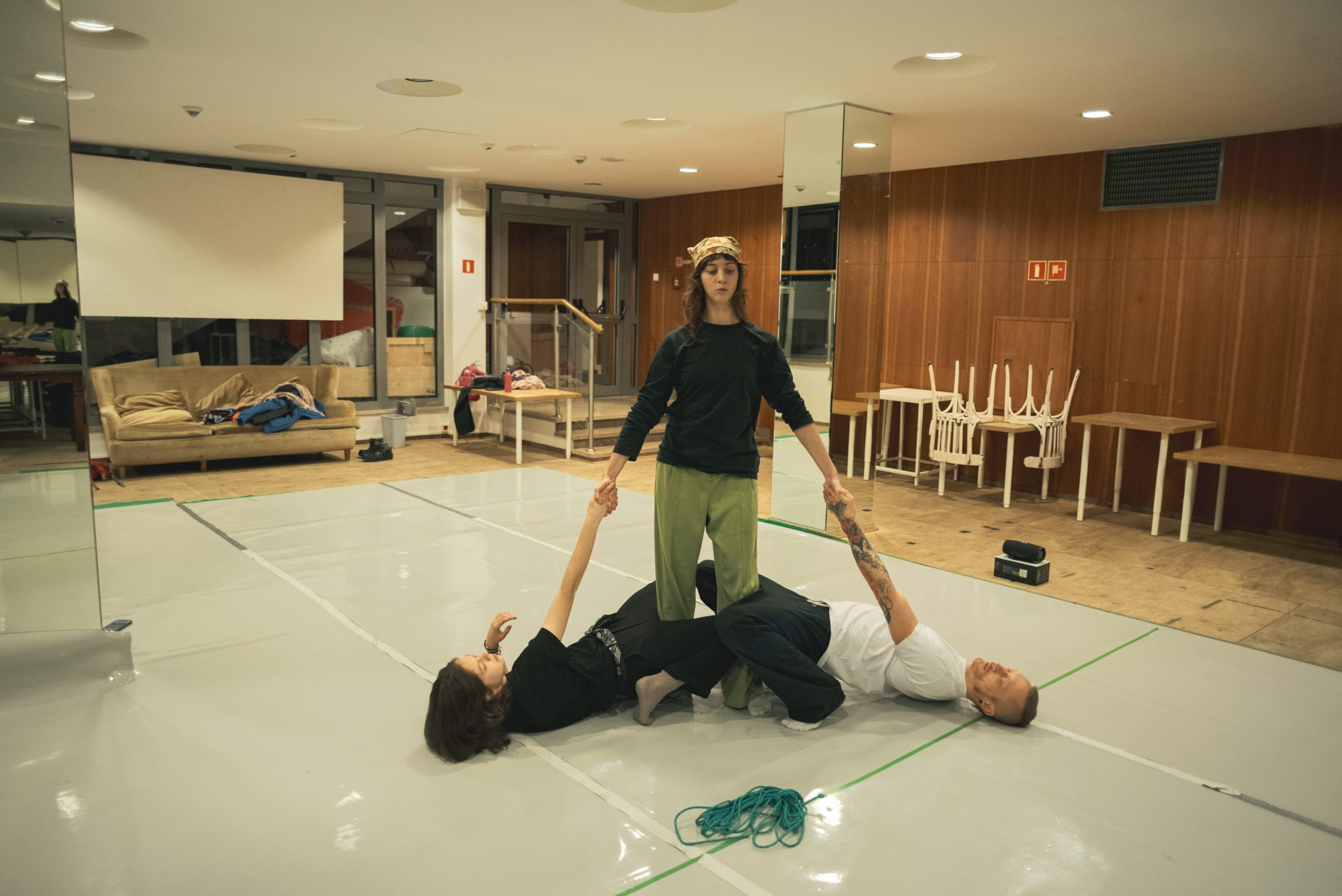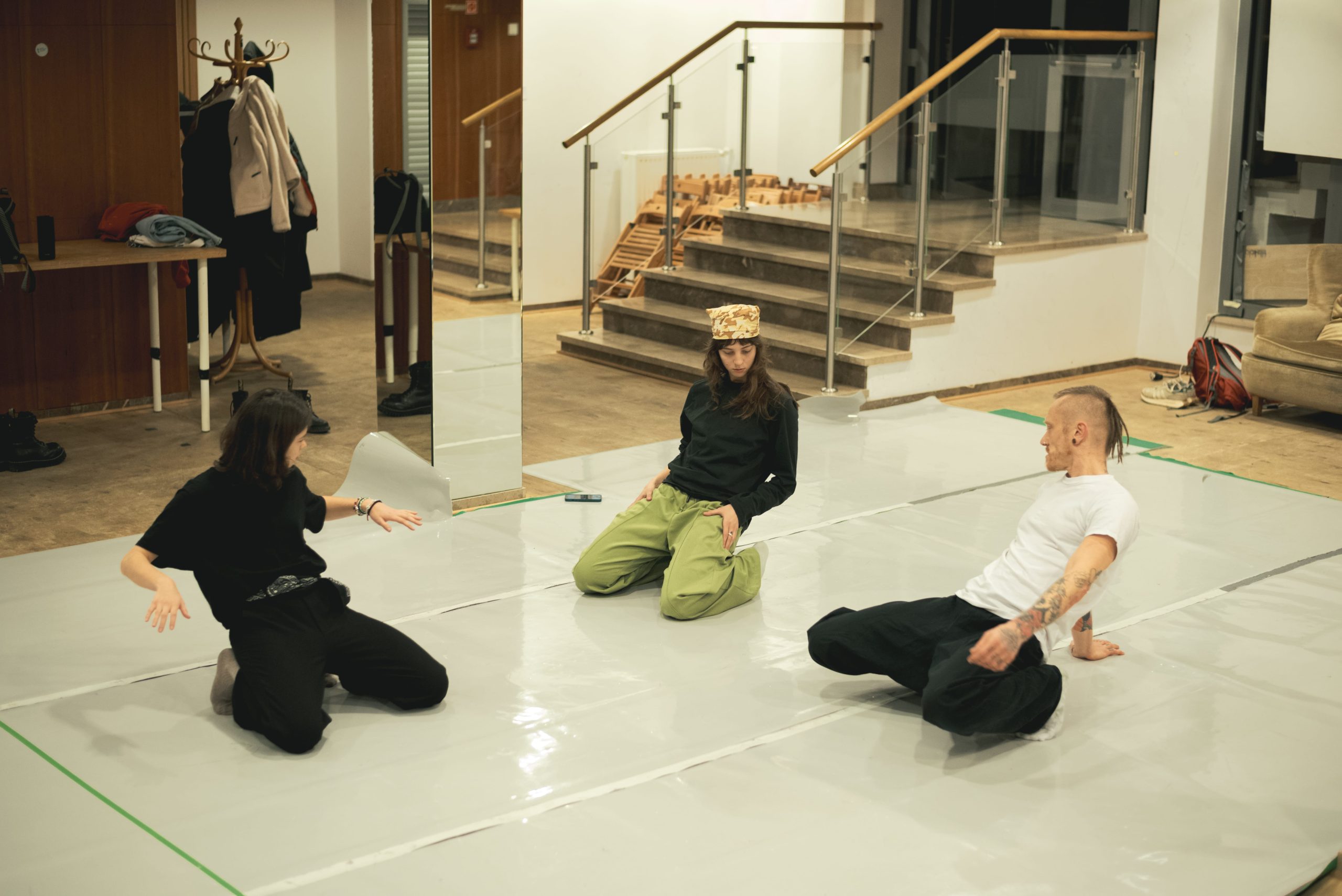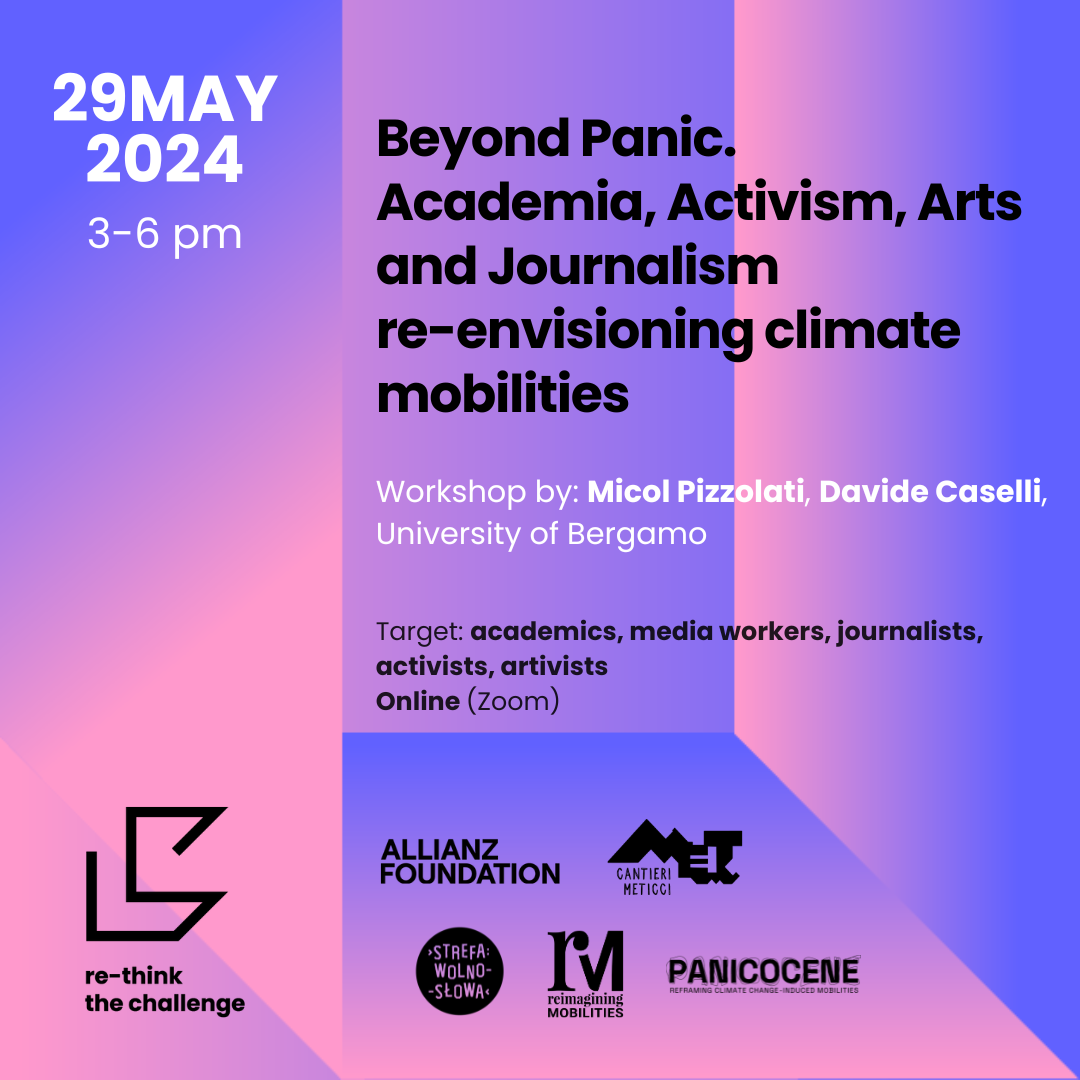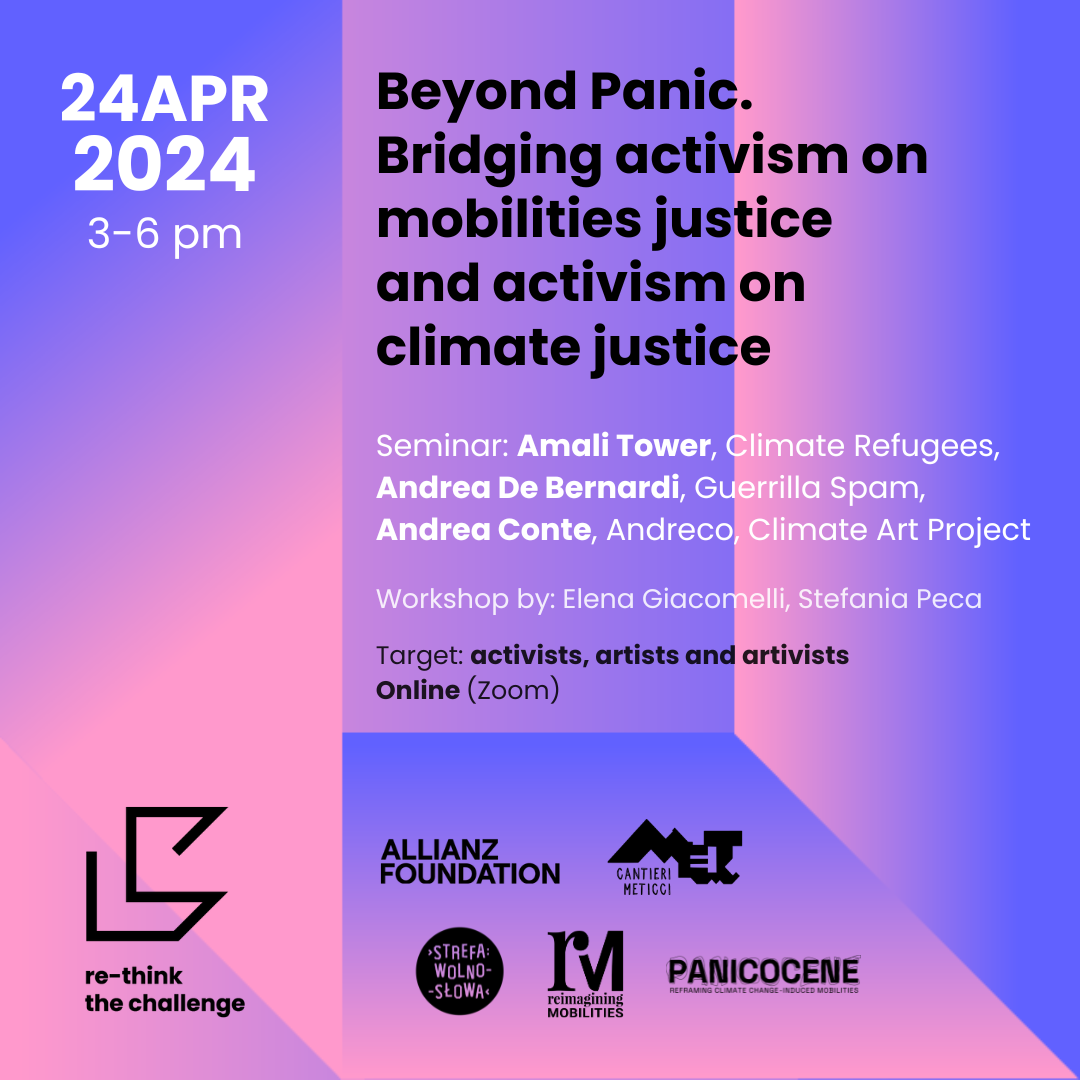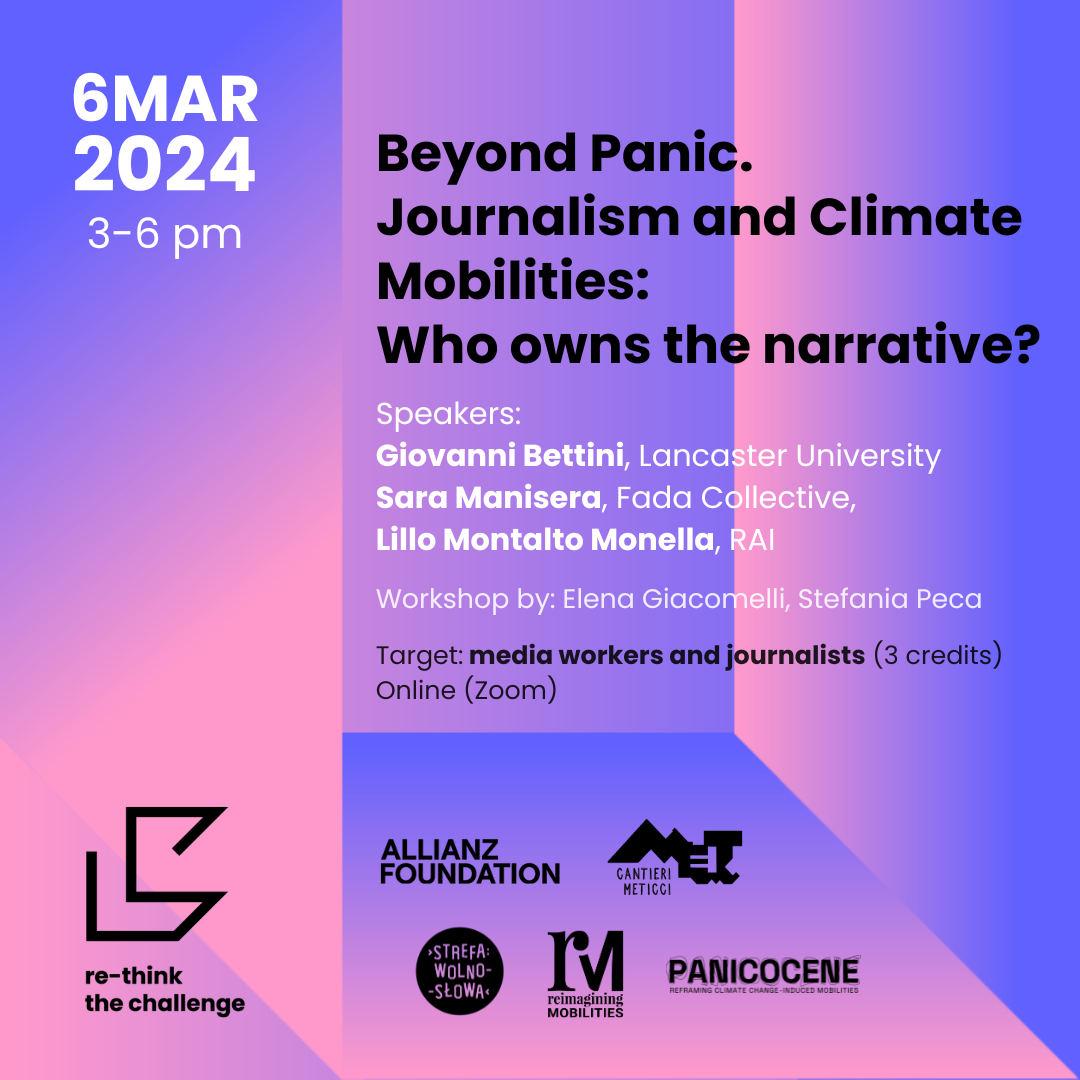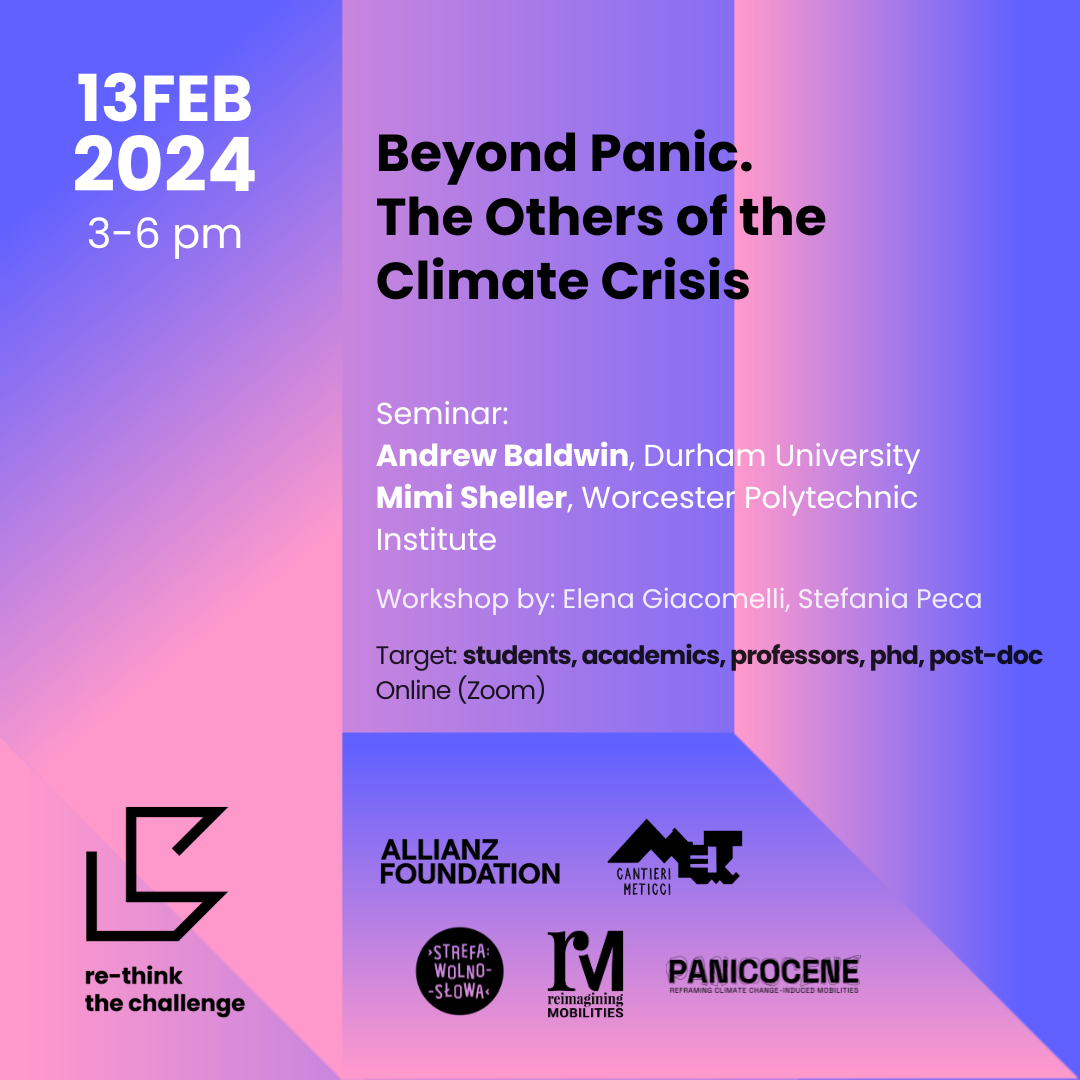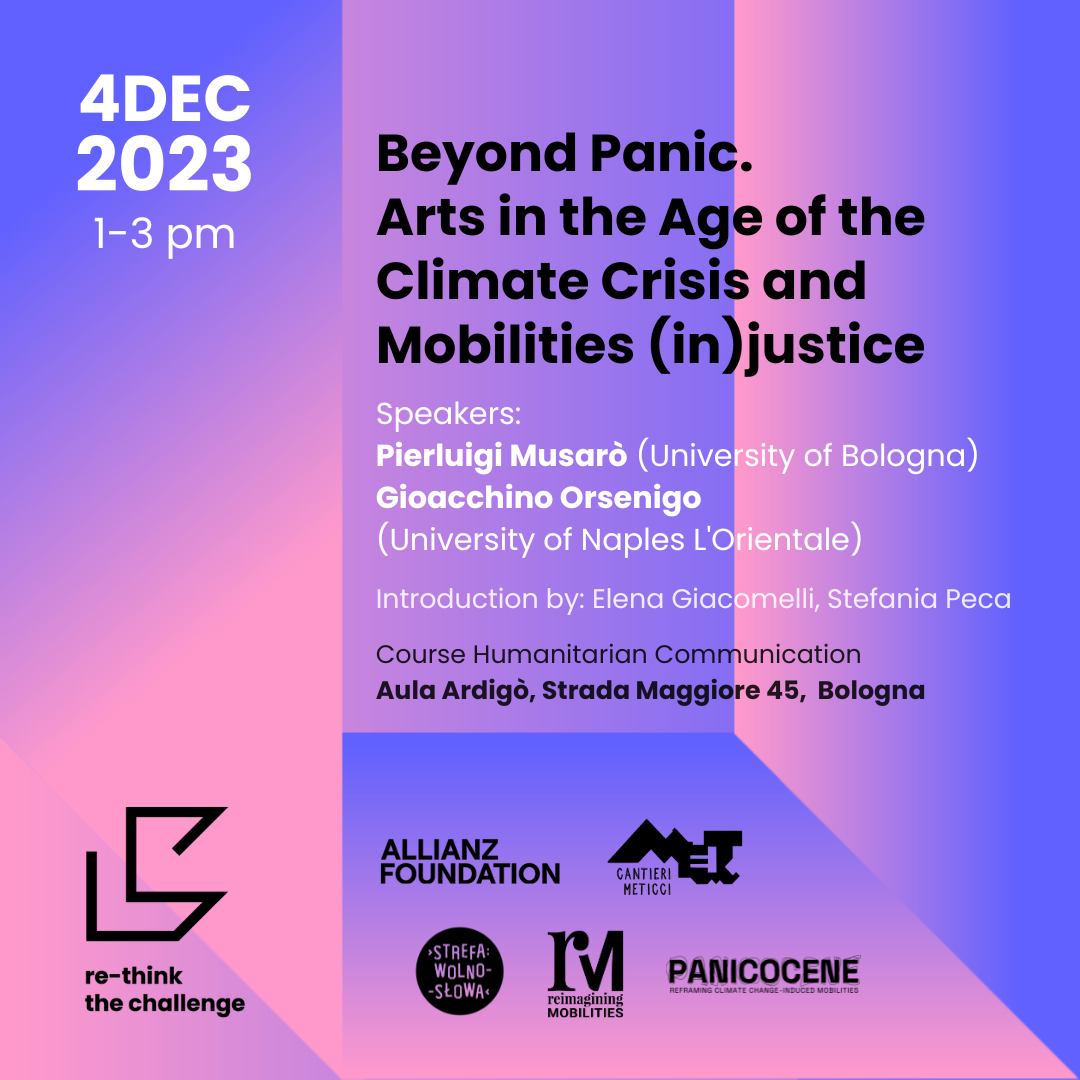SEMINARS ONLINE
Beyond panic? Re-envisioning climate mobilities
Climate change induced-mobilities is an increasingly salient and controversial topic, leading to the risk of sensationally positioning – including stereotyping framing – the issue. Such distortion calls for the need to challenge current narratives and discourses while offering alternative ones based on evidence rather than on preconceived notions. This series of workshops and seminars wants to analyze from different perspectives and foster collaboration between journalists, researchers, activists and artivists to generate possible counter-narratives of the current alarmist frame.
First seminar: Beyond Panic. Arts in the Age of the Climate Crisis and Mobilities (in)justice
4 December 2023, 1-3pm
Speakers: Pierluigi Musarò, University of Bologna
Gioacchino Orsenigo, University of Naples L’Orientale
Introduction by: Stefania Peca, Elena Giacomelli
course Humanitarian Communication
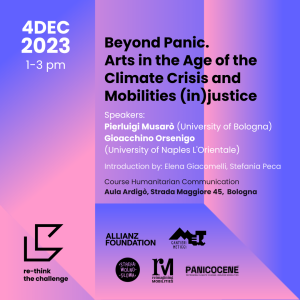
Second Seminar: Beyond Panic. The Others of the Climate Crisis
13 February 2024, at 3-6pm (Rome time)
Workshop: Elena Giacomelli e Stefania Peca
Seminar: Andrew Baldwin, Durham University
Mimi Sheller, Worcester Polytechnic Institute
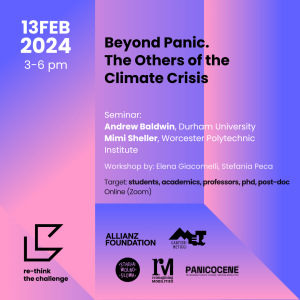
Third Seminar: Beyond Panic. Journalism and Climate Mobilities: Who owns the narratives?
6 March 2024, 3-6 pm (Rome time)
Workshop: Elena Giacomelli e Stefania Peca
Seminar: Giovanni Bettini, Lancaster University
Sara Manisera, Fada Collective
Lillo Montalto Monella, RAI
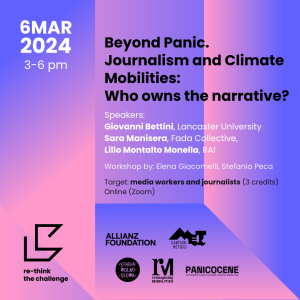
Fourth Seminar: Beyond Panic. Bridging activism on mobilities justice and activism on climate justice
24 April 2024, 3-6pm (Rome time)
Target: activists, artists and artivists
Workshop: Elena Giacomelli e Stefania Peca
Seminar: Amali Tower, Climate Refugees
Andrea De Bernardi, Guerrilla Spam
Andrea Conte, Andreco, Climate Art Project
Registration form: https://forms.gle/MCNuai41NAwB9FQ19
Link online: https://unibo.zoom.us/j/89178832538?pwd=OStkZFl2TFVhd29NRUZFT0RUazBqUT09
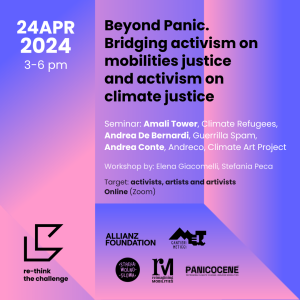
Fifth Seminar: Beyond Panic. Academia, Activism, Arts and Journalism re-envisioning climate mobilities
29 May 2024, 3-6pm (Rome time)
Target: all academics, media workers, journalists, activists, artivists
Workshop: Micol Pizzolati, Davide Caselli, University of Bergamo
Registration form: https://forms.gle/2gk66t3yTCxFFjLv7
Link online: https://unibo.zoom.us/j/83882586325?pwd=V1FFZlhGNngxMDYrcE9rSGFOVmJrdz09
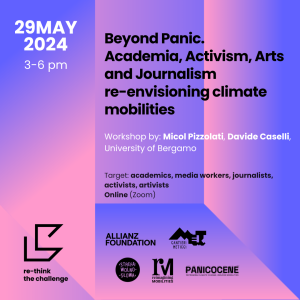
MEETINGS
The world is changing by Tomasz Stawiszyński and Paweł Boguszewski
Fake news and conspiracy theories? A global climate apocalypse? New migrations of peoples? A third, this time nuclear, world war? Or perhaps artificial intelligence? What is the greatest modern threat? Is this threat real? How do we deal with it – and is it even possible? How do we survive in an age of chaos and disinformation? During the meetings, we will take a look at the most important contemporary problems one by one, reflect on their genesis and nature, learn to distinguish between fantasy and reality, and look for ways to weaken their harmful impact. The classes take the form of a seminar/conversation with workshop elements.
→ Paweł Boguszewski – PhD in biology, neuroscientist, head of the Behavioural Methods Laboratory at the Marceli Nencki Institute of Experimental Biology of the Polish Academy of Sciences, for many years he has also been involved in popularisation of science.
→ Tomasz Stawiszyński – philosopher, essayist, author of, among others, bestselling books Skirmishes with Freud, What to do before the end of the world, Escape from helplessness and Rules for the time of chaos; creator of the podcast Skądinąd; regular columnist for Tygodnik Powszechny.
Transformations. The unnatural history of environmental crises
Many people involved in the climate movement believe that the annihilation of life on earth is a foregone conclusion, that things have gone too far and nothing more can be done. Can this mood of decline be changed? And how can it be done?
The history of humanity is full of environmental crises – ecological, health, climate. Each time they have wreaked havoc, but they have also been a starting point for change for the better. This history teaches us that every time – even in the face of natural forces – people have a choice. Whether drought, weather anomalies, epidemics or famine bring death or revival is determined not by the scale of the crisis itself, but by the response that societies decide on in the face of it.
In a series we will look at how different societies responded differently to the crisis and the consequences of the choices they made. We will reach far into the past – to the Black Death epidemic and the end of the medieval climate optimum in the 14th century, and to the history that is happening today in Syria and Gaza. We will look at the different responses to 17th-century small-scale glaciation in Europe and Asia, and the effects of the different strategies activated in the face of the El-Nino South Pacific Oscillation in pre-colonial times and in the colonial era. We will ask what scribal storms in the American Midwest have to do with free market economies.

